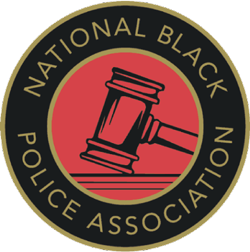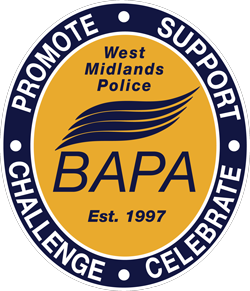To appreciate the story of Windrush we first have to go back to the Second Word War when Winston Churchill called on the rest of King George V1’s Empire across the seas. This decision changed the course of the war for Britain and her allies.
Once the war ended many of the Commonwealth forces returned to their home nations but not so for many of those from the West Indies whose loyalty to the Mother Country knew no bounds.
Committed to serving King and Country they remained and re-enlisted to provide assistance wherever required. As despite being victorious in battle, Britain and her people were broken and in desperate need of repair, protection and care.
In 1947 more than 250 British West Indian military personnel were granted home leave and returned to the sun-drenched shores of the West Indies. However, due to Britain’s financial situation it was not possible to bring these men back to continue their military service.
A solution appeared in the form of the British troopship HMT (His Majesty’s Transport) Empire Windrush en-route from Australia to Britain via the Atlantic. In May 1948 it docked at Kingston Jamaica to pick up those service personnel returning from leave. Prior to this the ship had docked in Trinidad but was still far from full.
An enthusiastic recruitment campaign was also launched across the West Indies tempting ex-service personnel to re-enlist as well as skilled workers and health professionals who could help rebuild the country and boost a struggling economy. This was the Captains decision.
An advert appeared in a national newspaper declaring 1st Class travel £48 and 2nd Class £28.10 shillings. Over 650 willing volunteers were selected from across the West Indian Countries with the majority coming from Jamaica herself.
Having left Kingston, HMT Empire Windrush stopped in Tampico in Mexico and Havana in Cuba to pick up displaced Polish Nationals who had been granted permission to settle in the UK before finally dropping anchor at Tilbury Docks, London on 21st June 1948. Due to a parliamentary debate at the arrival of so many West Indians, passengers were not allowed to disembark until the following day 22nd June.
Many of the new arrivals were sent in search of jobs in the larger towns and cities whilst others re-enlisted into the British Military. In January 1949 the National Service Act came into force meaning all able-bodied men who had not previously served aged 18 and over were required to serve in one of the Armed Forces i.e., Royal Navy, Army, RAF, Royal Merchant Navy for 18 months – 2 years or alternatively, they could work down the mines. At one point it is estimated that 10% of all miners were of West Indian origin, many of whom continued working in the collieries long after their two-year service was concluded.
Many of those migrants from the West Indies coming to Britain between 1948 and 1960 were conscripted for National Service. The last conscripted soldiers were discharged from Military duty in 1963.
Those who served in Industry, NHS, Civil Service and Local Authorities such as Bus and Train drivers, Conductors and Postal workers often had long and illustrious careers helping to make Britain the greatest industrial nation of the time.
Those early pioneers came willingly bringing Hope, Help and Friendship at a time when it was needed most. Now only one question remains… Where would Britain be if they had not answered her call for help?












